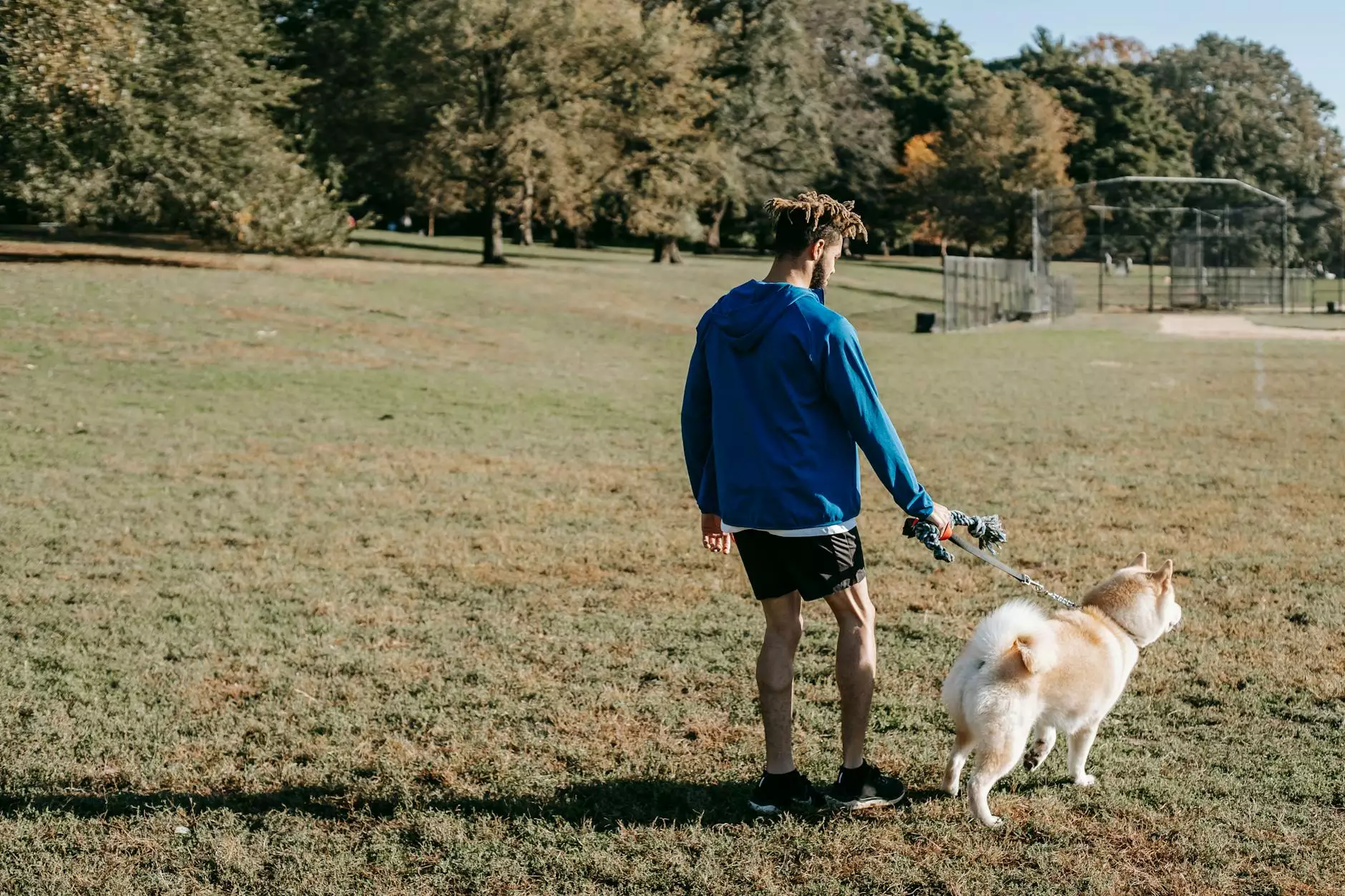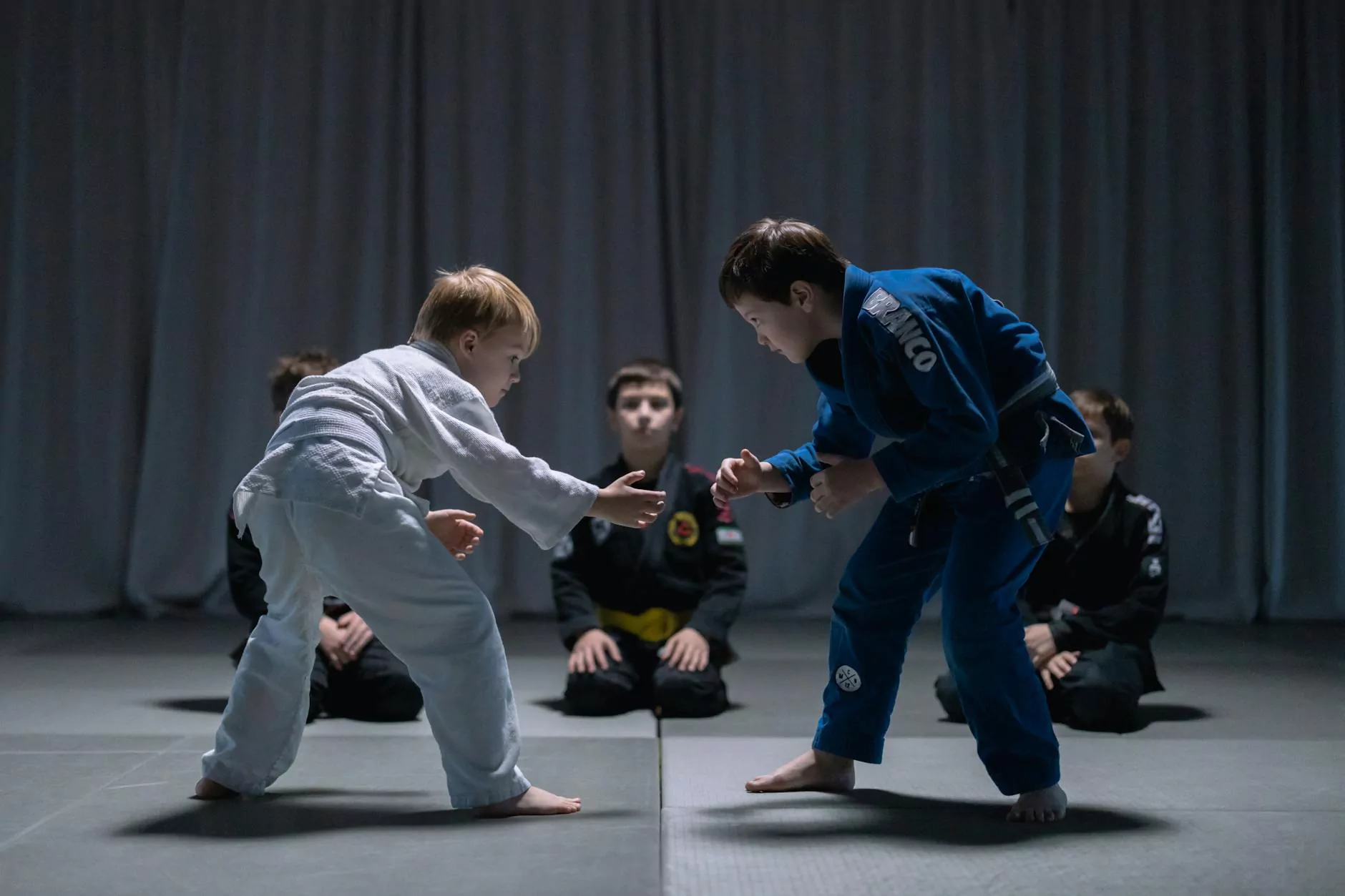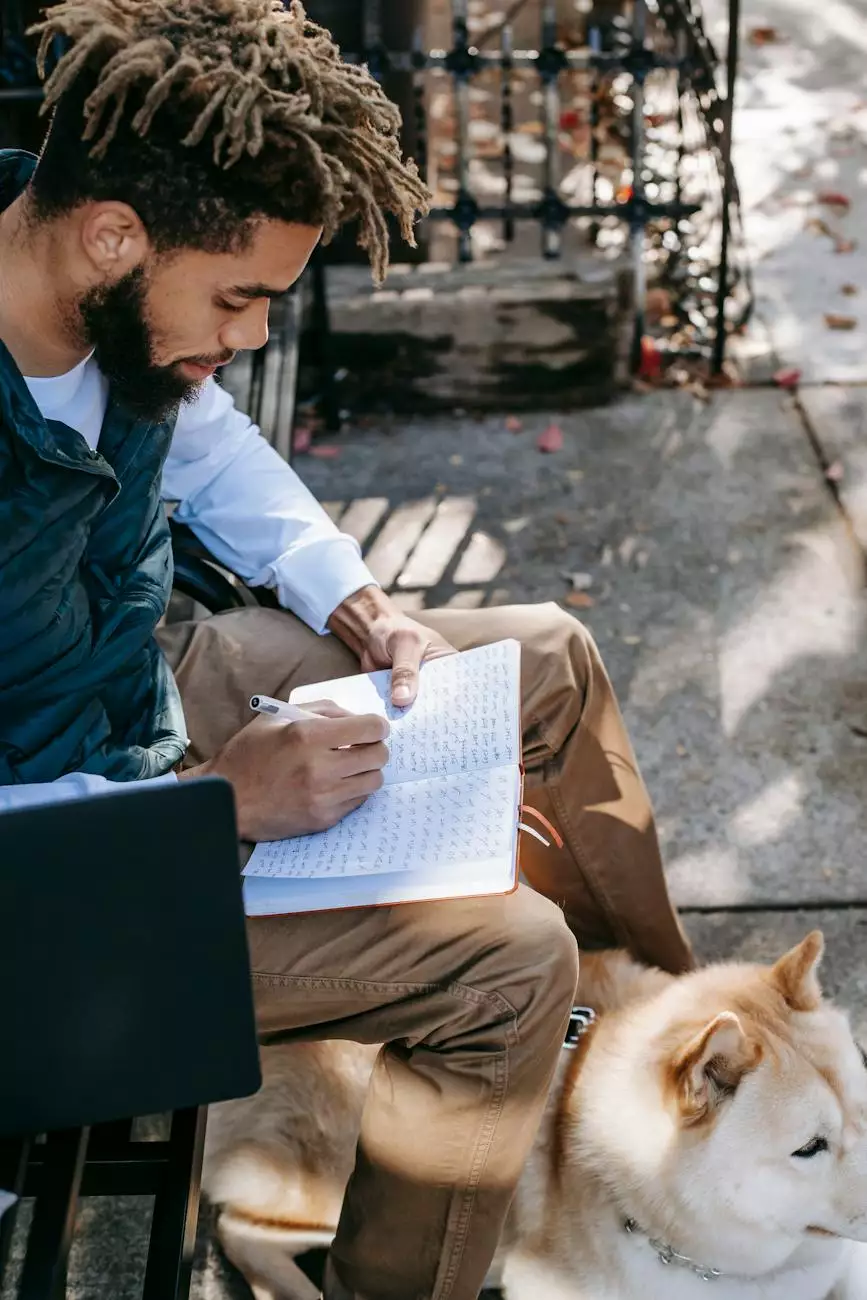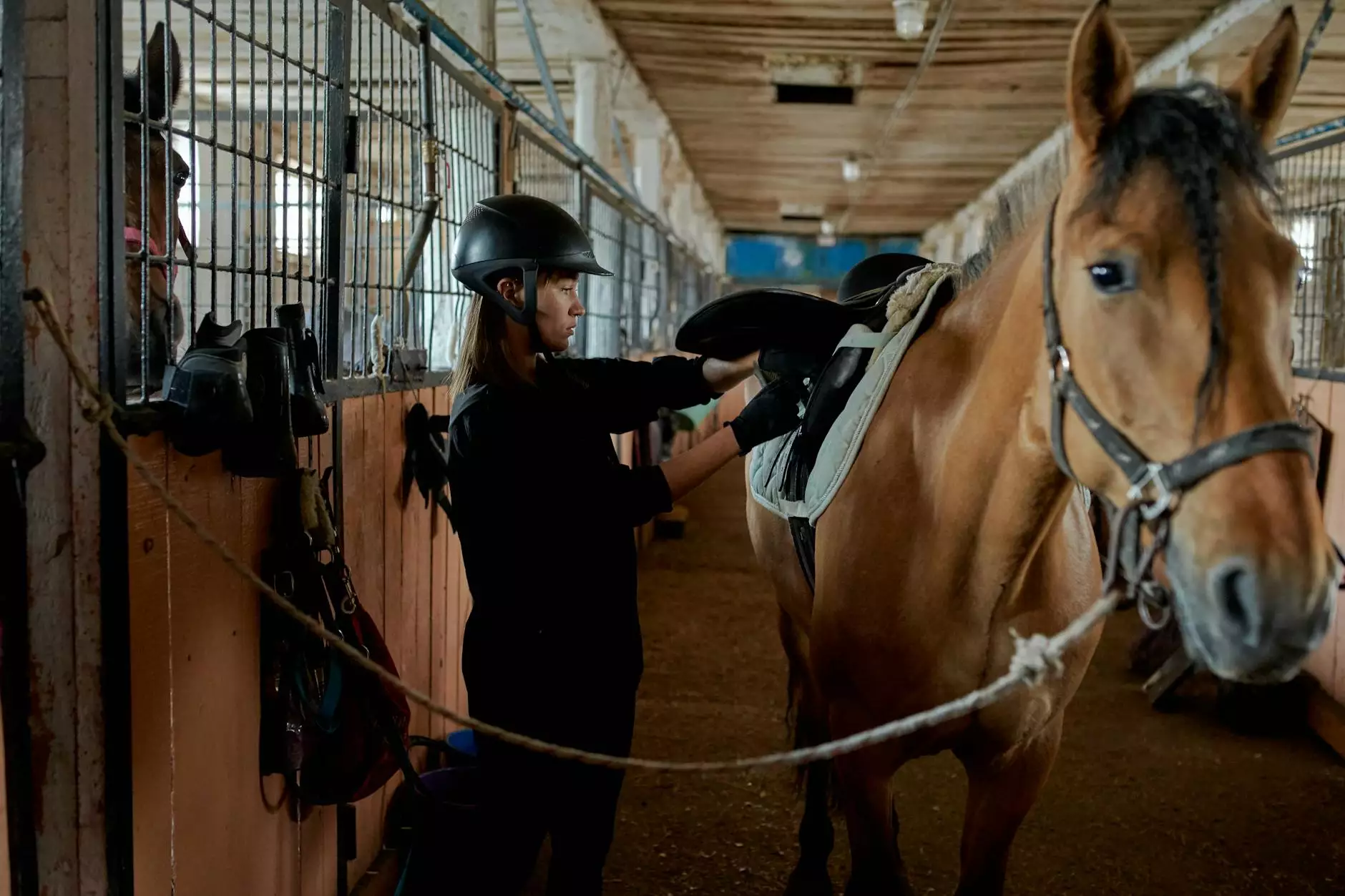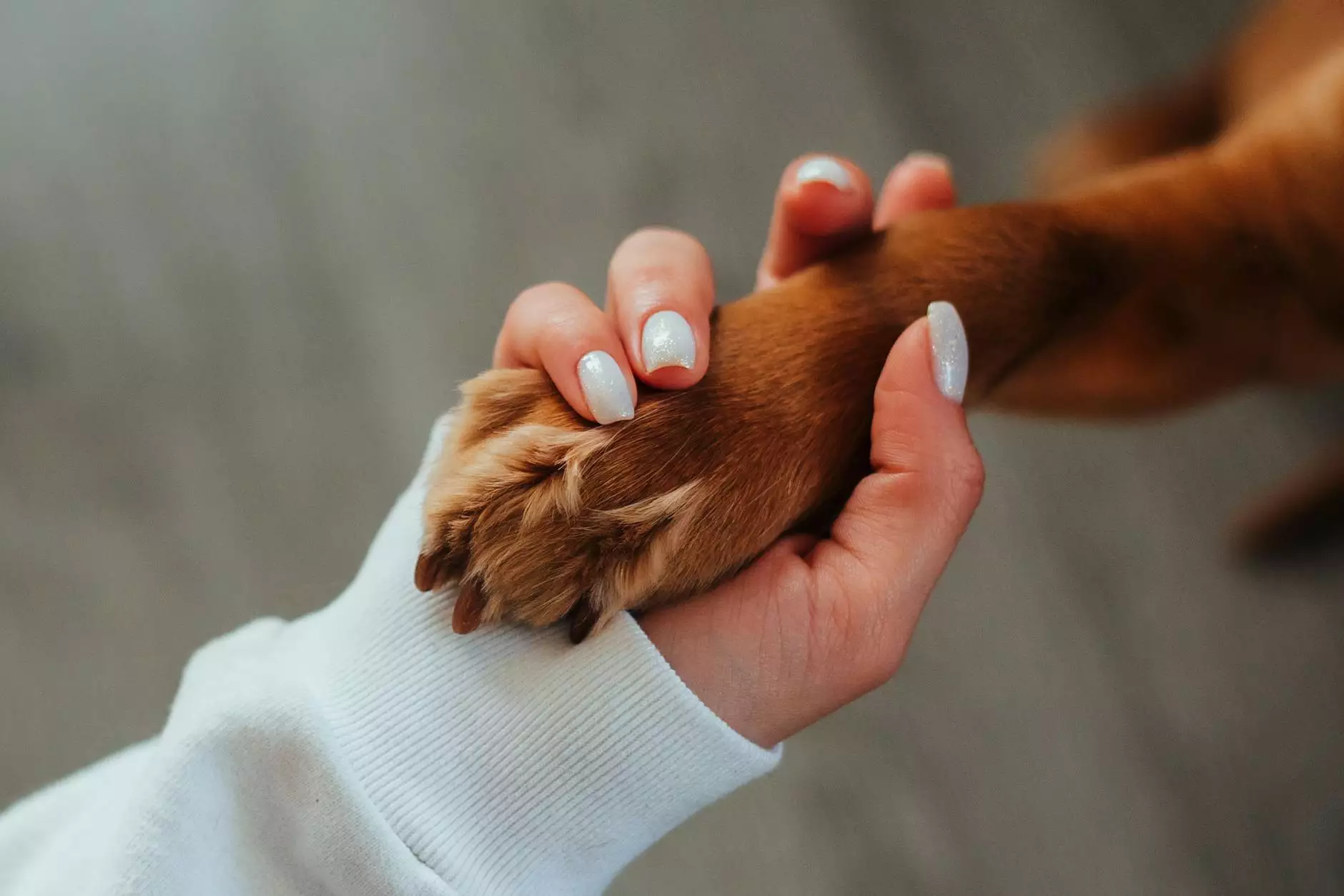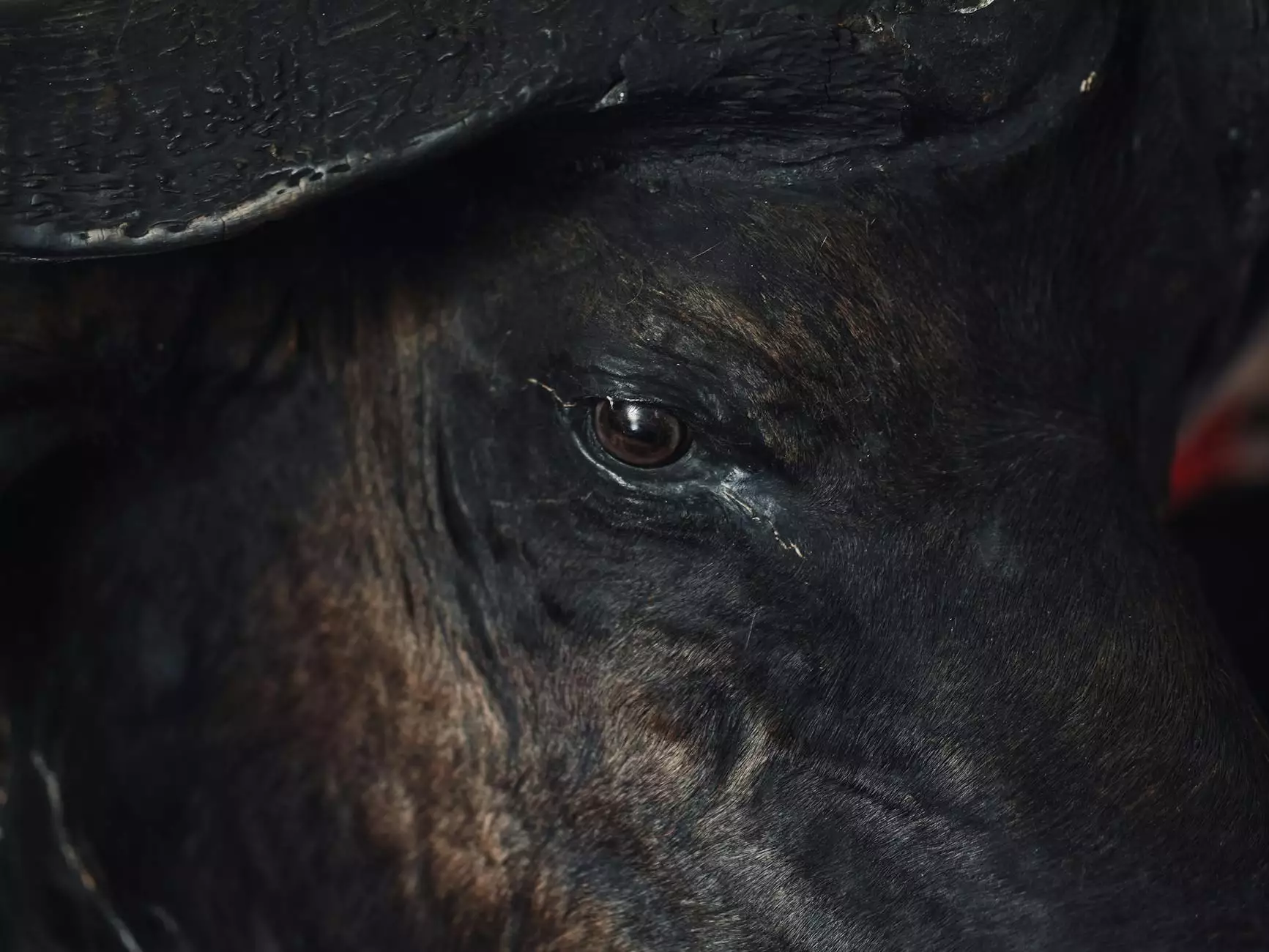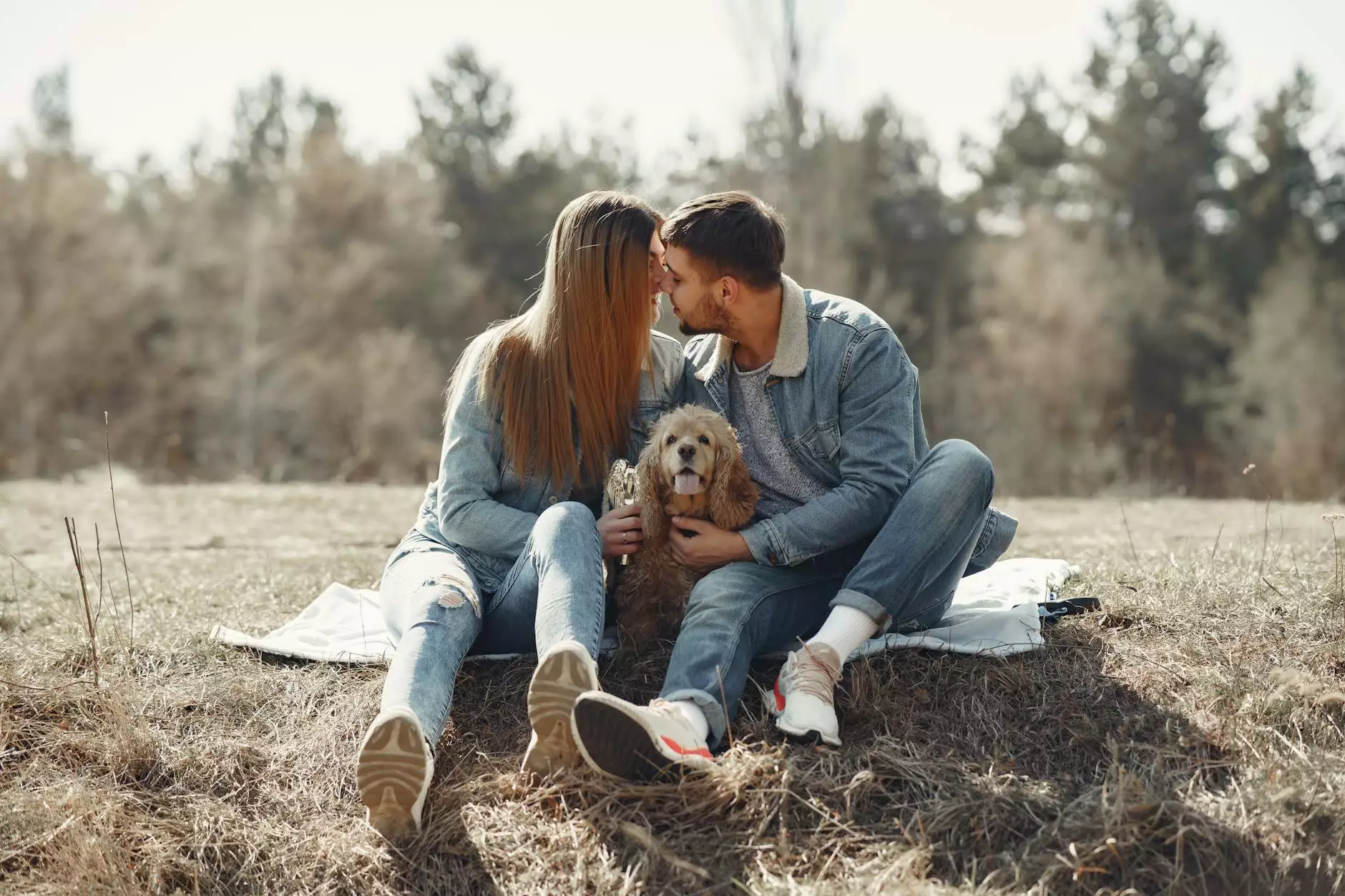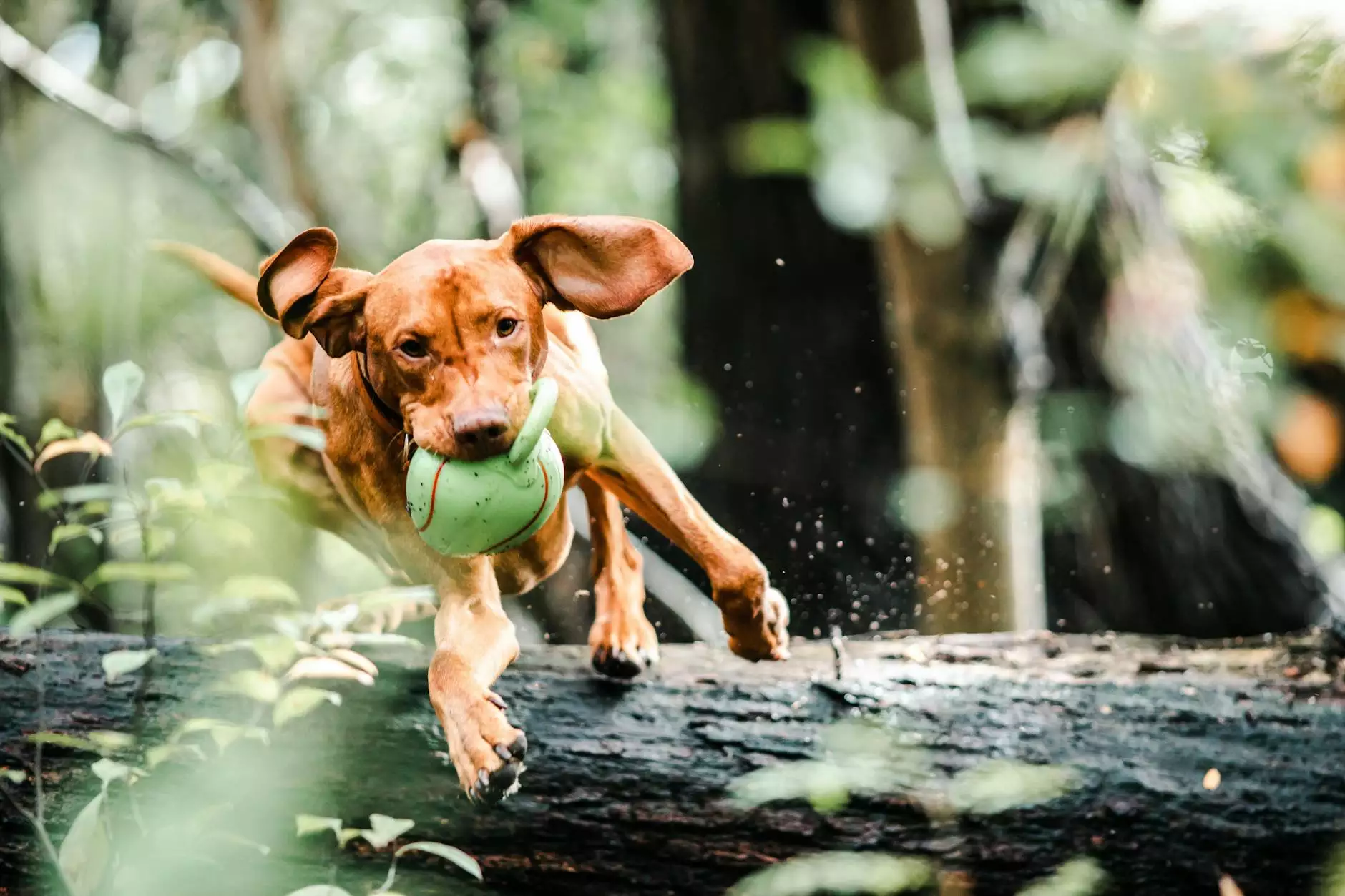Training Techniques for Senior Canines
Training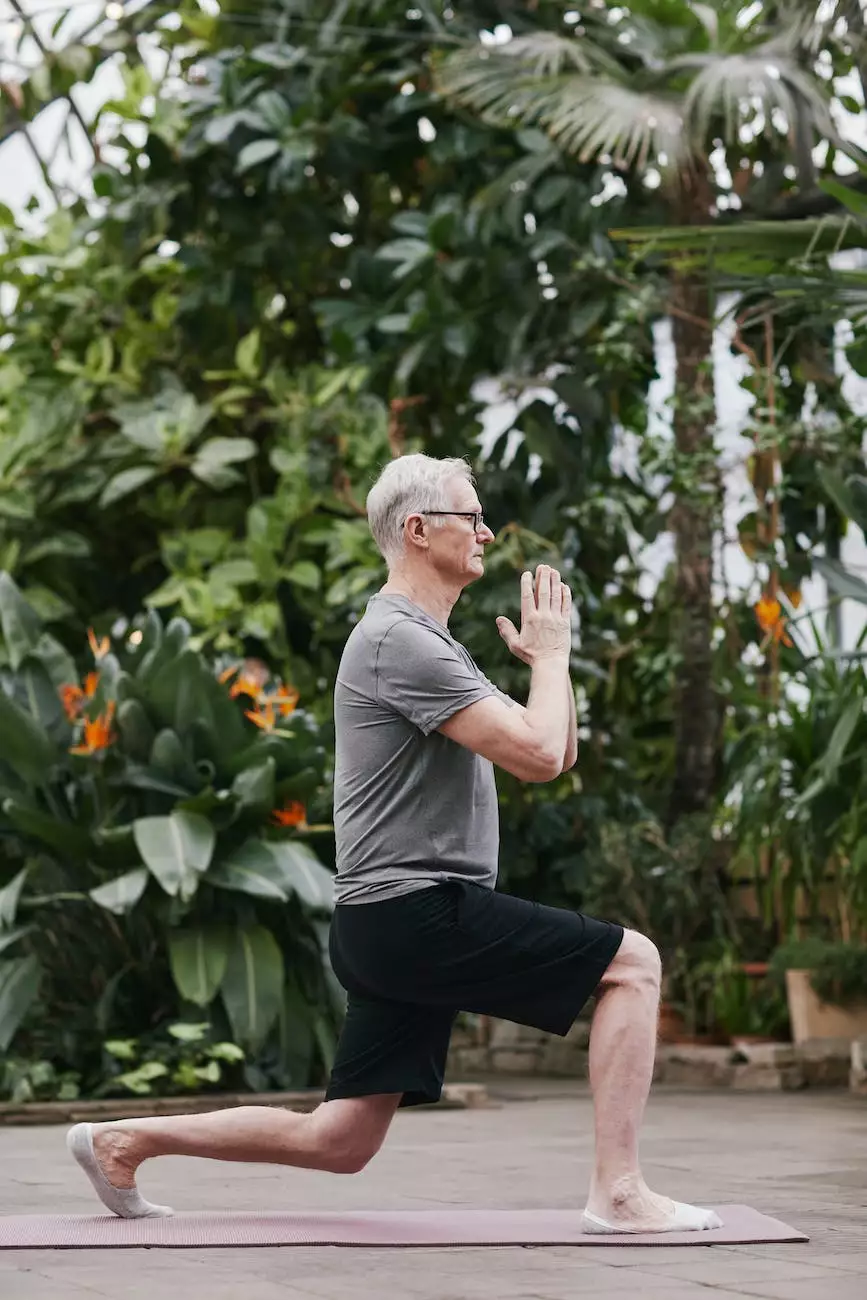
Introduction
Welcome to The Upbeat K9, your ultimate resource for professional dog training tips and techniques. In this article, we will delve into the world of senior dog training and provide you with valuable information on adapting training techniques for older canines. As our furry friends age, their needs change, and it's essential to adjust our training methods accordingly. With our expert guidance, you can ensure that your senior dogs lead a fulfilling and active life.
Understanding Senior Dogs
Just like humans, dogs undergo physical and cognitive changes as they grow older. It's important to recognize these changes and adapt your training approach accordingly. Senior dogs may experience decreased mobility, reduced sensory perception, and cognitive decline. However, it's crucial to remember that they are still capable of learning and benefiting from training sessions.
1. Patience and Positive Reinforcement
Training sessions with senior dogs require patience and understanding. Use positive reinforcement techniques such as treats, praise, and affection to motivate and reward your furry companion for desired behaviors. Avoid punishment-based methods, as they can cause unnecessary stress and confusion.
2. Adapted Exercise Routines
Exercise is vital for senior dogs, but it's important to adapt the intensity and duration to their capabilities. Engage them in low-impact activities like gentle walks, swimming, or short play sessions. Regular exercise helps keep their muscles toned, joints healthy, and weight in check.
3. Mental Stimulation
Senior dogs can benefit greatly from mental stimulation. Incorporate puzzle toys, scent games, and obedience exercises into their daily routine. These activities not only keep their minds sharp but also provide a sense of purpose and fulfillment.
Diet and Health Considerations
Proper nutrition plays a crucial role in the overall well-being of senior dogs. Consult with your veterinarian to create a balanced diet plan that addresses their specific needs. Older dogs may require a diet rich in joint-supporting nutrients and lower in calories to prevent weight gain.
1. Regular Veterinary Check-ups
As dogs age, they become more susceptible to health issues. Regular veterinary check-ups are essential to detect and address any underlying medical conditions. Your vet can also provide guidance on managing age-related ailments and adjusting training as necessary.
2. Grooming and Comfort
Older dogs may have specific grooming needs, such as regular brushing to maintain a healthy coat and prevent matting. Ensure their living environment is comfortable and enhances their mobility. Provide orthopedic bedding, ramps or stairs for easy access, and a warm and quiet place to rest.
Conclusion
In conclusion, training senior dogs requires a tailored approach that considers their changing physical and cognitive abilities. Stay patient, use positive reinforcement techniques, and adapt exercise and mental stimulation routines to ensure their well-being. Don't forget about their specific dietary and health requirements and consult with your veterinarian regularly. With these training techniques, your senior canine companions will lead a happy, healthy, and fulfilling life.
